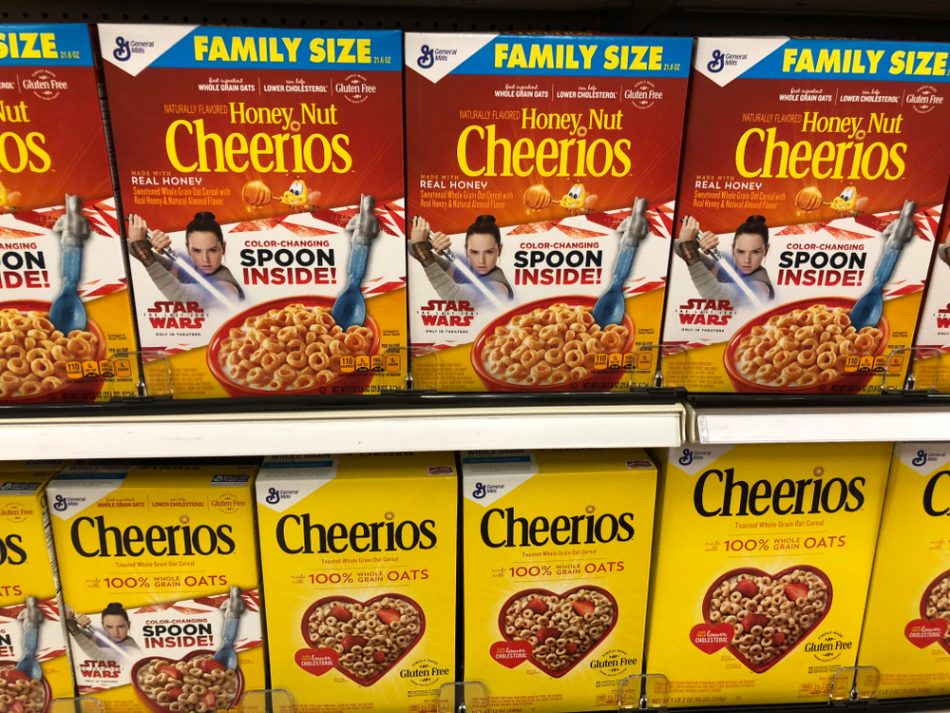Major food company General Mills announced this week that it plans to reduce emissions by 30 percent over the next decade and achieve carbon neutrality by 2050. A big part of meeting this goal will be reducing food waste by at least 50 percent. In the past year, four percent of the company’s product ended up as waste, with 90 percent of this being repurposed rather than thrown away.
Specific measures they will implement include donating surplus products to food banks or reusing it for biogas. Outside of its manufacturing, General Mills is promoting regenerative agriculture to improve soil health and biodiversity. The company sources food from five million acres of farmland across the US and plans to implement regenerative practices on one-fifth of this land.
General Mills is the parent company of major brands including Cheerios and Haagen-Dazs, so this decision is an important commitment from large-scale agriculture and will hopefully inspire similar pledges from other companies in the industry.












